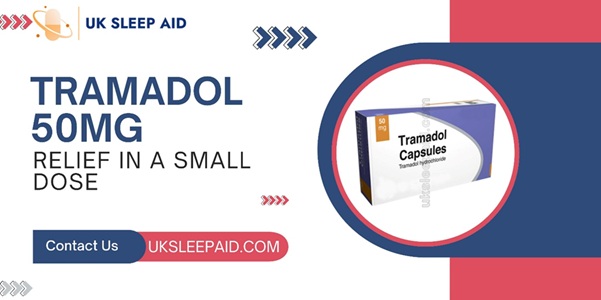Digital healthcare services have transformed how employees obtain medical documentation for workplace absence verification, with medical certificate online systems now providing legitimate alternatives to traditional paper-based medical certification processes. Employers must ensure the legal validity, security features, and verification procedures associated with electronic medical certificates to maintain proper workplace policies while accommodating modern healthcare delivery methods. These digital documents offer enhanced security features and verification capabilities that often exceed traditional paper certificates regarding authenticity and fraud prevention.
Legal validity framework
Electronic medical certificates carry the same legal weight as traditional paper documents when issued by licensed healthcare providers through certified digital health platforms. Employment law recognizes digital medical certification as valid documentation for sick leave verification, provided the certificates meet established authenticity and security standards. NextClinic digital certification systems comply with healthcare regulations and employment standards that govern medical documentation requirements in workplace settings. Most jurisdictions have updated their employment regulations to explicitly recognize electronic medical certificates as acceptable documentation for absence verification purposes.
Legal compliance extends to privacy protection requirements governing how employers collect, store, and verifies electronic medical documentation. Regulatory bodies have issued guidance documents that clarify employer obligations when accepting digital medical certificates versus traditional paper documentation. These guidelines address verification procedures, record-keeping requirements, and privacy considerations that employers must incorporate into their human resources policies. These regulatory frameworks help employers develop appropriate acceptance criteria for electronic medical certification.
Authentication procedures
Digital medical certificates incorporate advanced security features, enabling robust authentication processes superior to paper-based verification methods. These certificates typically include digital signatures, unique verification codes, and tamper-evident formatting that prevents unauthorized modification or duplication. Employers can verify certificate authenticity through secure online portals that confirm provider credentials and document integrity. Verification systems allow employers to confirm certificate details directly with issuing healthcare providers through encrypted communication channels that protect patient privacy while validating document authenticity.
These systems provide real-time verification responses that eliminate delays associated with telephone verification of traditional medical certificates. Automated verification processes also create audit trails documenting employer certificate validation due diligence. Blockchain-based certification systems provide immutable verification records that prevent certificate fraud while protecting patient privacy. These advanced systems enable instant verification of certificate authenticity without requiring direct communication with healthcare providers or compromising sensitive medical information.
Security advantages
Electronic medical certificates offer enhanced security features compared to traditional paper documentation that employers should consider when developing acceptance policies. Digital certificates cannot be easily forged, modified, or duplicated using standard office equipment, reducing fraud risks associated with paper-based medical documentation. Advanced encryption protects certificate content during transmission and storage. Unique identification codes embedded in digital certificates enable tracking and verification that helps employers identify fraudulent documentation attempts. These security features give employers greater confidence in certificate authenticity while reducing the administrative burden associated with verification processes. Digital security measures also protect patient privacy more effectively than paper documents that unauthorised personnel can lose or view.
Compliance requirements
Record-keeping obligations for electronic medical certificates mirror requirements for traditional paper documentation while incorporating additional security measures for digital document storage. Employers must maintain certificate confidentiality and implement appropriate access controls that prevent unauthorised viewing of sensitive medical information. Digital storage systems require regular security updates and backup procedures. Privacy protection extends to verification processes that protect patient medical information while confirming certificate authenticity. Employers should limit verification inquiries to document authenticity without requesting detailed medical information that exceeds legal requirements for absence documentation.


















